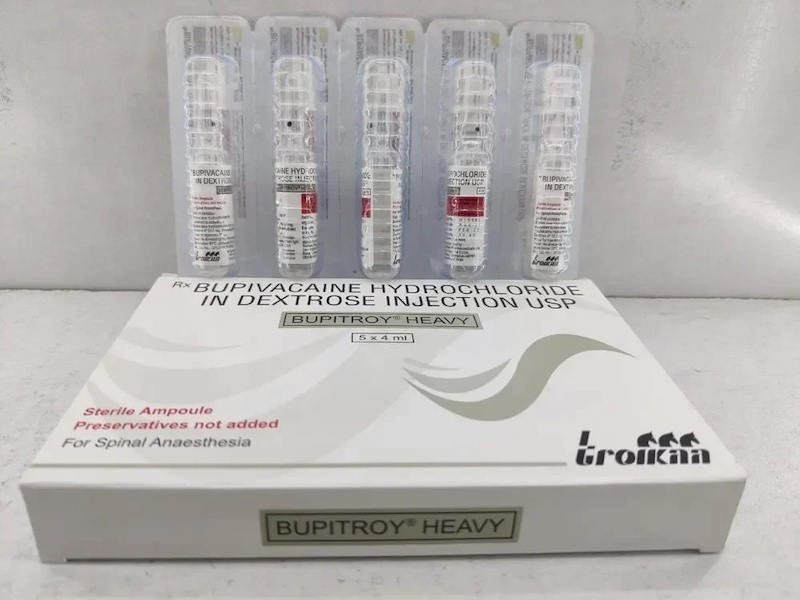
The recent decision by the Uganda National Drug Authority (NDA) to recall all batches of the anesthesia drug Bupitroy Heavy raises significant questions about the reliability and efficacy of the agency tasked with safeguarding public health.
With the NDA classifying this recall as a Class A action—indicating severe health risks including potentially fatal side effects, it is imperative to scrutinize the circumstances surrounding this alarming.
Bupitroy Heavy, a drug first introduced in 1957, has undergone rigorous testing and regulatory assessment before being approved for use in Uganda. It is perplexing to consider how a drug that has been in circulation for decades suddenly poses such dire health risks. At what point did the NDA ascertain that the drug could lead to serious health repercussions, including death?
This oversight raises more questions than it answers. It suggests a troubling lapse in the NDA’s monitoring and evaluation processes, which are crucial in ensuring that approved medications remain safe and effective throughout their lifecycle.
The NDA has a statutory duty of care to ensure that all medications available to the public are safe and effective. This duty extends beyond mere approval; it encompasses ongoing surveillance of drugs post-approval.
The NDA’s failure to detect the potential dangers of Bupitroy Heavy before this recall indicates a significant shortfall in their monitoring capabilities. This is not merely a bureaucratic failure; it is a matter of life and death. Moreover, there are concerns regarding the storage and handling of drugs within the country.
The NDA must ensure that healthcare facilities adhere to the proper guidelines for the storage of medications as specified by manufacturers. It has been suggested that improper storage could have altered the drug’s chemical integrity, potentially rendering it toxic.
If true, this highlights another layer of responsibility that the NDA must address—ensuring compliance with storage protocols to prevent such incidents from occurring in the future. While the NDA deserves commendation for its alertness in recalling Bupitroy Heavy, this reactive approach is insufficient.
Prevention is far more effective than withdrawal after the fact. The agency must enhance its earlier detection skills and implement more robust surveillance mechanisms to catch potential issues before they escalate to crisis levels.
This includes conducting impromptu inspections of healthcare facilities and drug storage sites to ensure compliance with safety standards. Furthermore, the NDA should prioritize transparency and communication with the public regarding the safety of medications.
Regular updates about potential risks associated with drugs currently in use, along with clear guidance on how to handle such recalls, could help mitigate public concern and foster trust in the agency.
The NDA’s recall of Bupitroy Heavy serves as a wake-up call regarding the reliability of our national drug regulatory body. While the recall is a necessary step to protect public health, it should also prompt a comprehensive review of the NDA’s processes and protocols.
The agency must not only focus on reactionary measures but also work diligently to prevent harmful drugs from entering the market in the first place. The health and safety of the Ugandan populace depend on an NDA that is vigilant, proactive, and committed to upholding the highest standards of medical care.



